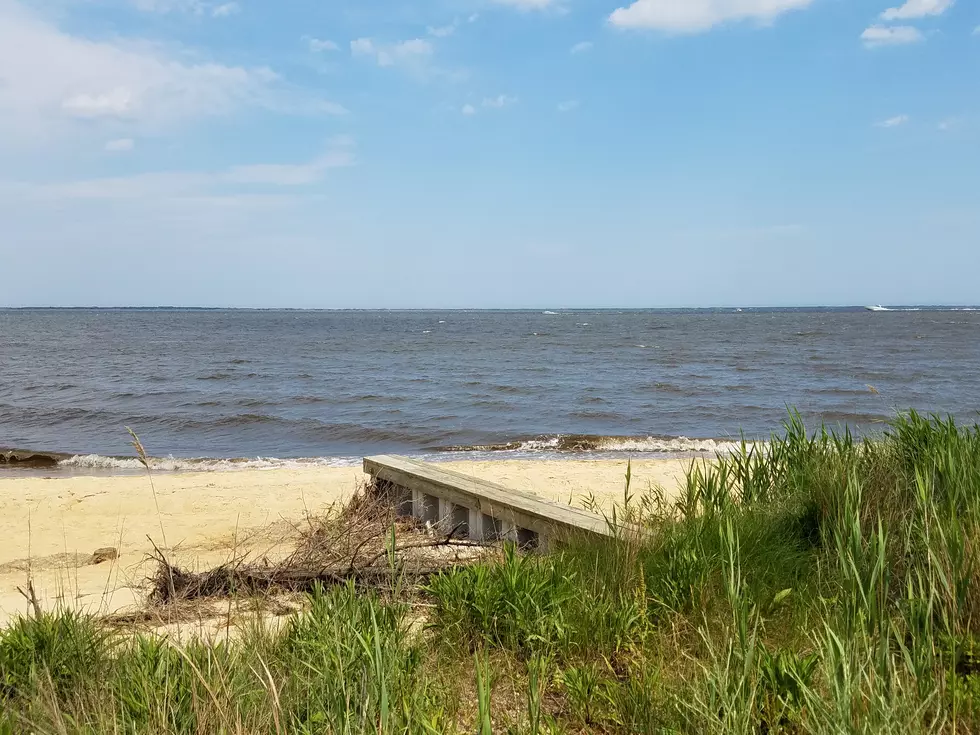
Water Better Than Expected At Shore
The recent report from the Natural Resources Defense Council may have presented a grim picture of the water in Ocean and Monmouth Counties, but according to a state environmental expert the majority of the damage is done by two main offenders.
Larry Hanja, spokesperson from the Department of Environmental Protection says the NRDC report “paints too broadly two isolated problems and it’s misleading.”
He notes the majority of the problems stem primarily from Wreck Pond in Monmouth County and Beachwood Beach in Ocean County, both of which have had consistent problems with storm runoff.
In Wreck Pond, he says County Officials close the beaches as a precaution when rain is predicted, and in Ocean County he explains there is a situation where there are a couple of marinas and a storm water outfall pipe that contribute to the water quality issues.
He reminds that Wreck Pond is a large body of water in a developed area and “storm water pollutants collect in the pond, and when it rains it can discharge into the ocean.”
The DEP will be taking a comprehensive plan to try and identify the source of the pollution.
“The DEP is working to track down leaks in municipal sanitary sewer lines, we’re working to develop plans and partnership to restore stream banks and retrofit storm water basins in the area.”
Adding they have been working with volunteer groups to try and identify possible causes.
For both situations Hanja reminds the DEP is working with local government to fix the problems.
“It’s important to understand the water quality in New Jersey is great, we had a really good season. We have a very aggressive program to monitor and maintain the water quality of the beaches.” Adding local towns and counties are doing a very good job in maintaining beach quality.
“Ocean side beaches were only closed three times as a result of bacteria. The beaches in New Jersey in 2011 were open 99.84% of the time.”
While the vast majority of the work is left between towns, counties, and the DEP, Hanja says there are some simple things that residents can do to help prevent water contamination.
“Be cognizant of their use of fertilizer, making sure they curb their dog, and doing their own little part to rectify the situation.”
More From 92.7 WOBM









